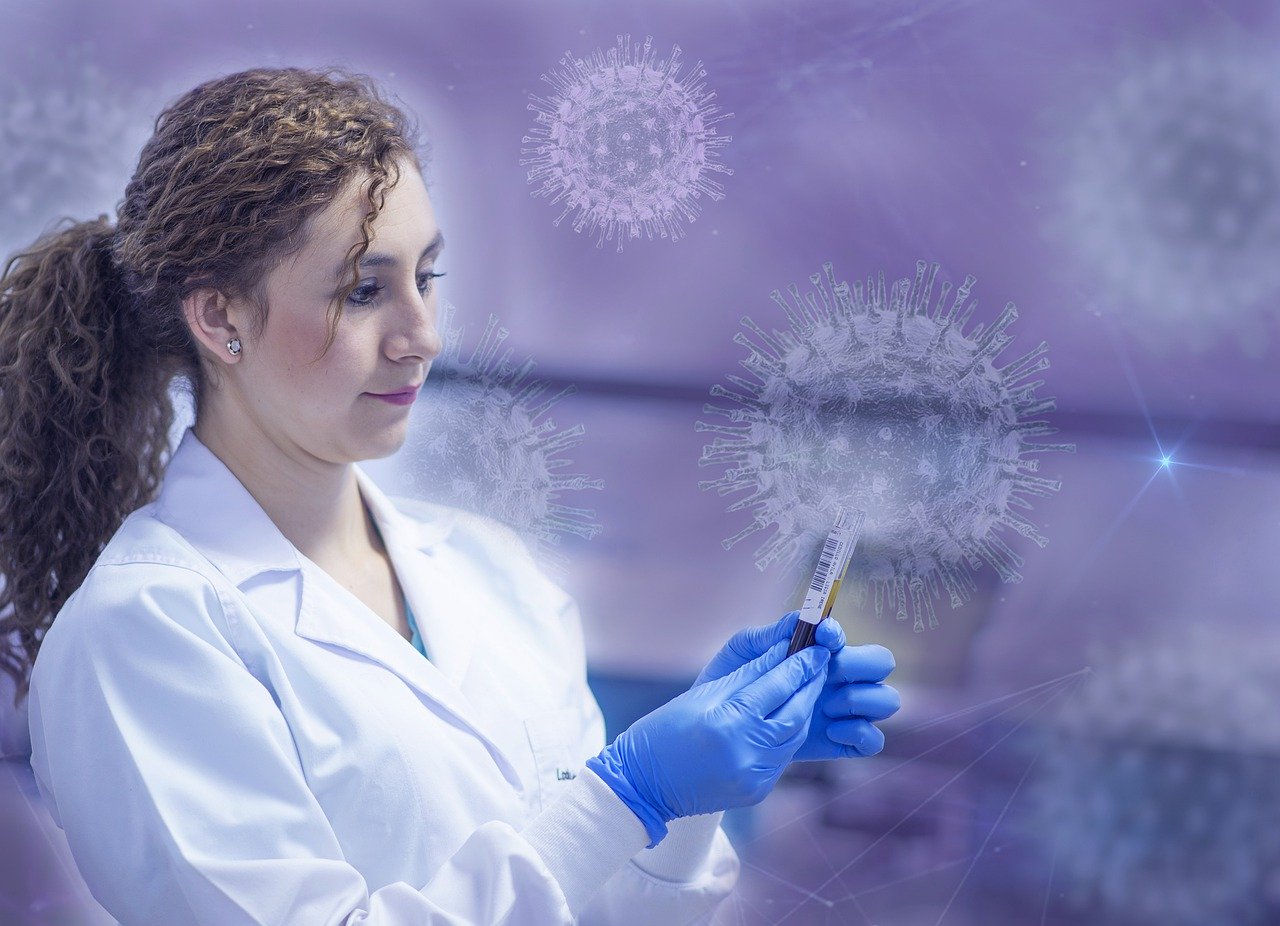Months into the coronavirus pandemic, it’s still unclear which drugs could combat the viral disease and which won’t. With public health on the line, the scientific community is searching for answers faster than ever. Everyday there is new media information about the latest scientific processes being utilized to come up with medicines to combat the harshness of the disease, outright vaccines, antibody kits, immunotherapy, the list goes on. While of course, not every one of these efforts will work, in fact, when it comes to the rigor of scientific testing, most won’t meet the measure; however, it is certainly worth shining a light on the good news that the global science community is working together to find a solution for COVID-19.
The Launch of Clinical Trials
Currently, the WHO (World Health Organization) is launching clinical trials for several different drug regimens as COVID-19 therapies, some of which include: the antimalarial drug chloroquine, a combination of two HIV drugs along with the anti-inflammatory interferon beta, and an antiviral drug called remdesivir.
Pharmacist and former CEO of Maxwell Pharmacy Inc., Elfatih Ibrahim, has followed the scientific news on COVID-19 closely, given his expertise and understanding of pharmaceutical testing and distribution. In regards to the studies found that chloroquine can stop Coronavirus from infecting cells in a lab setting, Ibrahim states that because the drug has been around for decades as an antimalarial treatment, scientists have experience with it and are looking to see if it can prevent people who are exposed to the virus from developing severely.
Last month, doctors had attested that they witnessed their COVID-19 patients improve when given the combination of two HIV drugs, lopinavir–ritonavir. Resultantly, the WHO is currently testing this drug combination in a trial, along with the anti-inflammatory interferon beta, a cytokine that the body produces naturally to ward off viruses. Elfatih Ibrahim, amongst others in the medical field, have hope for the trial as this drug combination was used in patients during the SARS and MERS outbreaks, and it appeared to help. One additional trial of note is the antiviral drug remdesivir, which was first developed to treat Ebola, but research later showed that it could also block MERS and SARS in cells. Lab tests have shown that it may inhibit Coronavirus in cells as well.
Elfatih Ibrahim attests that the medical community is also working tirelessly when it comes to producing an outright vaccine. The first human trials of a potential vaccine called mRNA-1273 have already begun in the United States. Their vaccine has been made by biotechnology company Moderna Therapeutics and four patients received injections of the vaccine at the Kaiser Permanente research facility in Washington. To test this new drug as fast as possible, Moderna Therapeutics has sidestepped normal procedures such as initially testing on animals. The initial trial is expected to involve 45 healthy adult volunteers between the ages of 18 and 55 years over approximately six weeks, though it could take 12 months before any concrete results are produced.
While there is certainly a sense of global community when it comes to the medical world finding an inevitable cure for COVID-19, in all likelihood the public will have to wait a good deal of time. COVID-19 is new and scientists need to fully understand how it behaves and spreads in order to quantify potential treatments, which then require long periods for testing. However, as a means to support these tireless efforts we can work together to stop the spread of COVID-19 by being vigilant about good hygiene during the outbreak, including staying home when sick, sneezing into your elbow instead of your hand, refraining from touching your face and washing your hands frequently.




